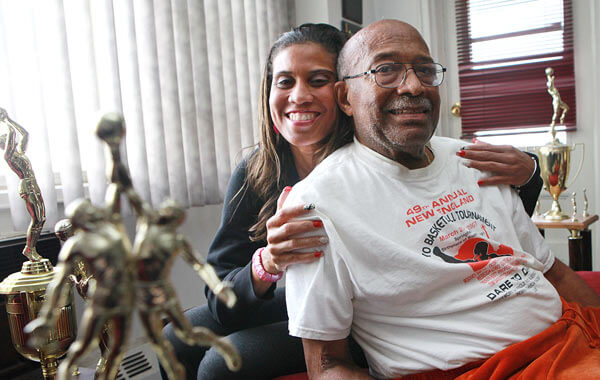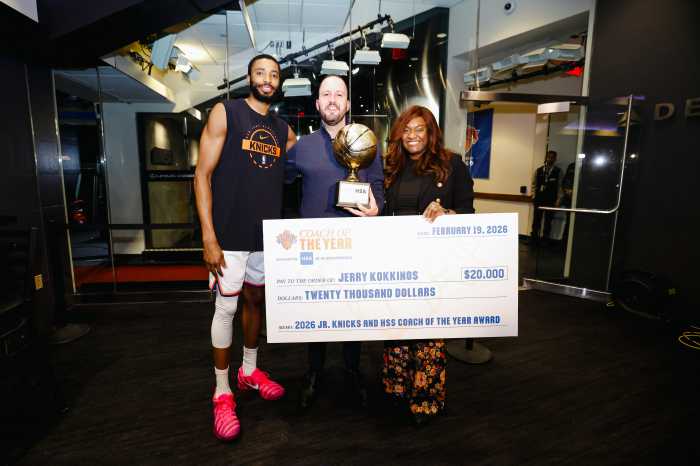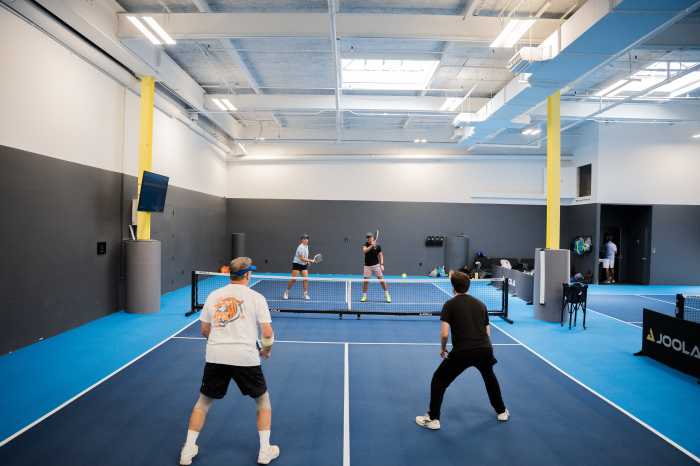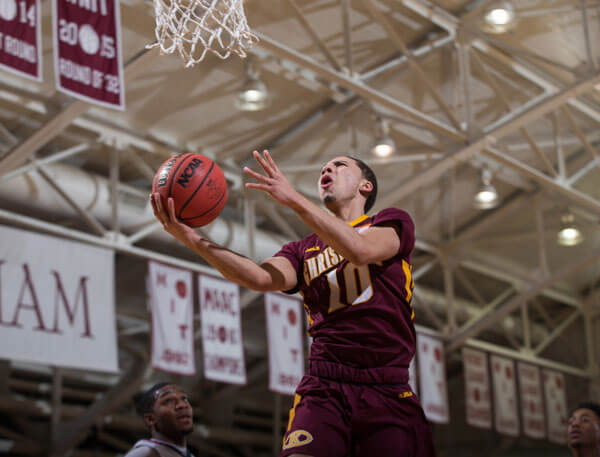By Joseph Staszewski
Chuck Granby leaves behind a legacy of winning games and saving lives.
The legendary Campus Magnet (formerly Andrew Jackson) boys’ basketball coach, who died of natural causes at the age of 81 on March 1, was the first PSAL coach to reach 700 victories, finishing with a then-PSAL record 722 wins before he retired in 2014. That number may be the one he is most known for, but it’s not the most impactful one from his 45 years of coaching.
“I’m sure there are at least 50 to 100 kids who would be dead or in jail if it wasn’t for him,” said Benjamin Cardozo coach Ron Naclerio, the current PSAL wins leader. “He was in a tough school with a lot of tough kids, a lot of inner city kids. It was more than just winning basketball games.”
That was the code Granby built all of his on- and off-court teaching around, while winning 24 division titles, seven Queens championship and the city crown in 1985. His teams did not lose a home game from 1972 to 1985, but the college degrees and careers his players earned after they finished playing for him meant so much more.
Basketball was a means to an end.
“To me, he was more of a life coach,” said Ken Vickers, his assistant coach for 10 years. “He taught life to the kids and directed them in the way they should go. When you were around Coach Granby—even for myself—it was like going to school. He taught life.”
The linchpin for that education was Granby’s famous” ugly life speech” that laid out how dismal and difficult your existence would be without a college education.
Granby’s program produced countless college basketball standouts. Former players Boo Harvey, who starred at St. John’s, and current Knick Kyle O’Quinn both played in the NBA. But those weren’t the only people he propped up as role models. He would bring back former players who were sanitation workers and firefighters to speak to his kids.
“He brought in people who have regular jobs, police officers, blue-collar people, hard-working people,” said former player Haron Hargrave, who went on to play at Division I Sacramento State. “That is the real world.”
Granby practiced in his own life what he preached. He played basketball at nationally ranked Bradley University and was part of a NIT championship team in 1960 with future Naismith Memorial Basketball Hall of Fame member Chet Walker. When his career ended, he took a job as a physical education teacher at Andrew Jackson before retiring in 1996. He coached for 18 more years.
He beat cancer twice, but was in and out of the hospital over the last year and a half, according to Vickers. His death still came as a shock to all close to him.
“I don’t think any of us thought this was going to happen right now,” he said. “He never wanted anyone to know exactly what was going on. He was a very private person.”
Hargrave said Granby was often misunderstood by those who didn’t know him well. He could be seen as mean or standoffish. But underneath was a heart of gold. His door was always open and no favor was too small to ask. The combination brought out the best in his players and teams—Granby preached defense, but didn’t inhibit his pure scorers.
“Those kids played as hard for him as any team for a high school coach ever played,” Naclerio said.
Granby—always low-key—was never one to brag about his success and records, but he did enjoy them. His daughter Robyn Granby-Poole said she could tell when he was proud of what his team had just accomplished. Granby didn’t show her much, but she knew from a smile, a look on his face or even a sigh.
“He didn’t have to say it over and over and over again, but he would acknowledge it in is own way” Granby-Poole said. “If you asked him about it he would say, ‘That was a good one.’”
He, on the other hand, was a great one in the world of New York City high school boys’ basketball. If there was a Mount Rushmore of coaches, Granby would be a no-brainer for a spot there, but none of that is why he chose to coach—and to coach for so long.
“My dad, Coach Granby, was always a teacher before he was a coach,” Granby-Poole said. “That was always very clear with him. Outside of all his recognitions and accolades, the most important thing to him was the education.”
There was no education better than the one his kids got from him.


































